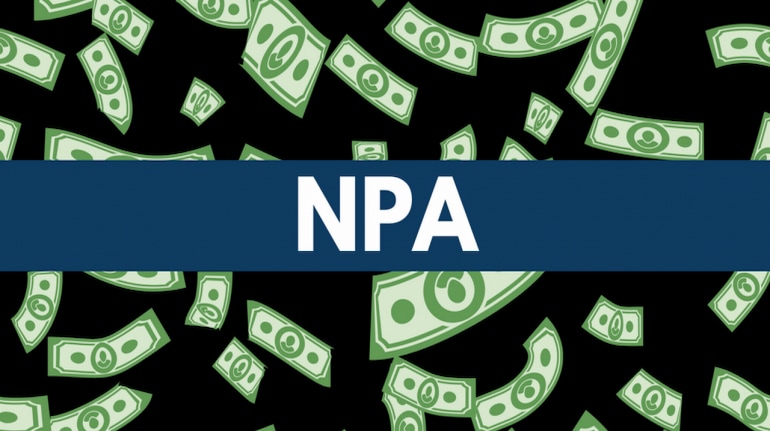



The impaired or stressed assets are expected to peak at 12.7 percent by FY19-FY20 while credit costs are set to witness an extended recovery period due to aging of a large stock of NPAs added over the last four quarters, said India Ratings and Research.
“India Ratings expects impaired assets to peak at 12.7 percent by FY19-FY20, while credit costs to witness an extended recovery period (FY19F:178bps; FY17: 253bps), due to aging of a large stock of non-performing assets added over the last four quarters (FY17: Rs 4.2 trillion),” the agency said in a report.
It also added that a meaningful proportion of mid-size stressed corporates, accounting for 1.6 percent of the total bank credit as on September, continues to be standard on bank books with absolutely no form of recognition could slip into bad loans in the next 12 to 18 months.
The bank credit as on September end stood at Rs 72,06,800 crore, of which 1.6 percent is Rs 1,15,308.8 crore, as per Reserve Bank of India data.
The Reserve Bank of India (RBI) in its Financial Stability Report released in December had said while non-performing assets (NPAs) may rise, the stress in the banking sector “while significant, appears to be bottoming out”.
According to the report, under the central bank’s base case scenario, gross NPAs in the banking sector may rise from 10.2 percent of gross advances in September to 10.8 percent in March and further to 11.1 percent by September 2018.
Private vs Public sector banks
It also said that private sector banks and large public sector banks (PSBs) would benefit from early signs of macro revival, enabling them to start the credit growth trajectory. However, the credit costs for these banks would remain high but begin trending downwards through FY19, said India Ratings and Research.
The agency maintained a stable rating and sector outlook on private sector banks and large PSBs while retaining the negative sector outlook for small and mid-sized PSBs for FY19 with weak capitalisation and disproportionately large stock of unrecognised stressed assets.
“These banks will find it increasingly difficult to grow and continue to lose their market share despite government infusion under recapitalisation, given the provisioning required for migrating to Indian Accounting Standards (Ind-AS) 109, along with asset quality overhang and Basel III transition, which would surge capital consumption. However, Long-Term Issuer Ratings of all PSBs are largely support driven and will mostly remain resilient on the expectations of continued government support,” it said.
India Ratings estimates the quantum of the government’s proposed capital injection in PSBs (around 28 percent of PSBs equity base ending March 2017), together with the banks’ proposed mobilisation of capital to largely cover the provisioning shortfall for their stressed assets.
The agency estimates PSBs’ capital requirement of Rs 2.06 lakh crore at a modest credit expansion of 8 percent to 9 percent.
It also pointed out that retail growth strategy merits cautious monitoring, given slowdown in the employment and average wage growth in the service sector.
Ratings Outlook
Ratings for private sector banks and ratings on tier-1 bonds (such as AT1) for all banks are linked to the respective banks’ standalone profile. Positive triggers such as improvements in funding gaps and single-name concentrations together with increased capitalisation levels and lower loan loss provisions may result in a positive outlook for banks whose ratings are driven by performance.
Negative triggers such as pressure on capital ratios due to weak profitability, spike in credit costs and delays in equity injections may lead to a negative sector outlook.
Discover the latest Business News, Sensex, and Nifty updates. Obtain Personal Finance insights, tax queries, and expert opinions on Moneycontrol or download the Moneycontrol App to stay updated!
Find the best of Al News in one place, specially curated for you every weekend.
Stay on top of the latest tech trends and biggest startup news.